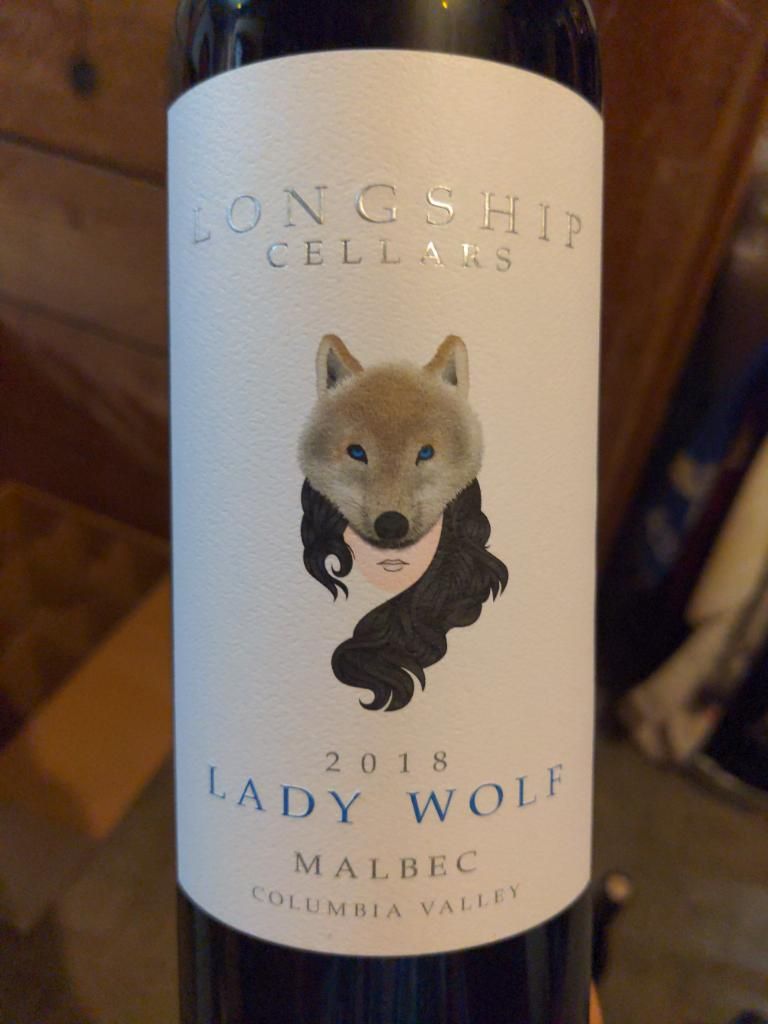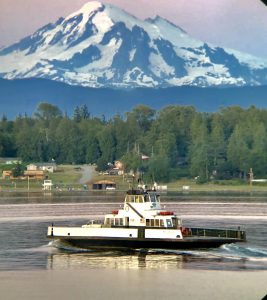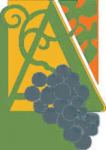lummi island wine tasting july 28 ’23
Hours this weekend: Friday & Saturday, July 28-29, 4-6 pm

painting by Didi Lutz
This week’s wine tasting:
Ryan Patrick Rock Island Chardonnay ’20 Washington $16
Aromas and flavors of wildflowers, crisp apples, honey, and cinnamon roll with a round, crisp, body and a graceful finish of sumac-spiced croutons.
Townshend Cellars T3 Red Washington $16
Bordeaux style blend of cab, merlot and cab franc; fruit forward with hints of black currant and vanilla, with layers of complexity and depth through extensive oak aging in French and American barrels.
Longship Lady Wolf Malbec ’18 Washington $27
100 % malbec; unfolds with dark, enchanting notes of blackberry, grilled plum, and jammy raspberry with accents of orange peel, vanilla, and tobacco spice, finishing with balanced structure, plush texture, and a lengthy finish.
Friday Bread Pickup This Week

Poolish Ale – the preferment here is a poolish, made with bread flour, a bit of yeast and a nice ale beer for the liquid and fermented overnight. Mixed the next day with bread flour and fresh milled whole wheat. This makes a great all around bread with a nice crisp crust – $5/loaf
Buckwheat Walnut & Honey – also made with a poolish of fresh milled buckwheat and bread flours. Buckwheat is not a grain it is actually a seed and closer in the plant family to rhubarb and sorrel than to wheat and contains no gluten– (**note: THIS bread DOES include wheat flour so is NOT gluten free). Buckwheat has an earthy/nutty flavor that in this bread with a little honey and toasted walnuts for a nice crunch. – $5/loaf
and pastry this week…
Chocolate Muffins – Rich and delicious, great chocolate flavor, and a seductively moist texture: flour, brown sugar, sour cream, and eggs, with lotsa chocolate chips inside and sprinkled on top–2/$5
To get on the bread order list, click the “Contact Us” link above and fill out the form. Each week’s bread menu is sent to the list each Sunday, for ordering by Tuesday, for pickup on Friday. Simple, right..? If you will be visiting the island and would like to order bread for your visit, at least a week’s notice is recommended for pickup the following Friday.
Wine of the Week: Longship Lady Wolf Malbec ’18 Washington $27

Longship is a fairly new family-owned winery in Richland, in the heart of Washington wine country. Established in 2013, it has focused on producing big, hand-crafted, barrel-aged, red varietals like tempranillo, malbec, syrah, and cabernet sauvignon, with at least 60% aged for 18 months in new oak barrels.
The name “Longship,” and the adoption of the Viking Longship as the winery’s logo is a nod to the family’s Scandinavian heritage and the winery’s ongoing quest to produce some of the finest wines in the Pacific Northwest.
The Richland tasting room was added at the end of 2016, not just to feature their wines, but also, as is the case here at the Wine Gallery, to create a social space where friends can gather to relax in a convivial environment while sharing delicious handcrafted wine.
We took an immediate liking to the wine when we first tasted it last year. Chances are you will, too!
Economics of the Heart: Memo to Council

Before this week’s County Council meeting two days ago, Islanders had been assured many times by Council members and County Executive that all decisions regarding ferry matters, including filling the four new vacancies on the Advisory Committee (Lifac), would be on hold until sometime in the Fall. Imagine our sense of shock and betrayal when the Council reversed position on that and voted in favor of adopting the County’s proposed ordinance change, which we all know would remove all the existing guardrails on the expenses that can be charged against fare revenue.
What follows is is a brief summary of arguments to lobby the Council yet again against passing the PW version of the governing ordinance.
The central bone of contention in this long battle comes down to one single idea: the interpretation of the phrase “regular and routine” in the wording of the County ordinance governing ferry fares :
WCC 10.34.001B. “Operating costs” means all actual daily running expenses and all actual regular and routine maintenance and administrative expenses associated with the use and operation of all physical elements of the ferry system.
For many years this definition has served to maintain a balance between annual fare revenue and target fare box revenue goal of covering 55% of annual operating costs. When fares are set correctly, some years will show a surplus and some a deficit, but maintain an equilibrium over many years until a persistent deficit or surplus suggests a fare revision.
That changed last November when Public Works suddenly announced a very large and imminent deficit in fare revenue that was claimed to require an urgent major fare increase to be passed immediately. Over the next several months a citizens’ group managed to hold these efforts at bay while revealing numerous errors in PW claims and calculations, no actual deficit, and no demonstrated need for a fare increase under the existing statute. How can we explain this sense of Urgency?
For starters, a visual examination of charts of annual operating expenses since 2013 reveals substantial increases in unusually high operating costs over time. Note that prior to 2017, individual operating expenses above $20k were rare. Beginning in 2017, individual expenses between $30k and $50k appeared and became larger and more frequent. And now, most recently in 2022 and 2023, we are seeing individual “operating expenses” of $250k and $400k respectively for the major rebuilds of the landing dolphins last year and this year.
A more narrow glance at just the 10 highest individual expenses over this period demonstrates clearly what is going on here: the aging infrastructure supporting our 65-yr-old ferry is wearing out. If it would last until a replacement ferry and new infrastructure could be brought on line, we would just let it deteriorate. But it is already failing and requires major re-investment to add the required longevity.
Under the terms of our existing County ordinance, our annual contract with WADOT, and governing State law, these expenses cannot be charged against fare revenue because they add longevity to these assets and because they are clearly way, way, way above any reasonable interpretation of “regular and routine.” These expenses should be charged to the Road Fund along with other road and bridge improvements constantly going on across the County.
The chart of the ten highest “repair” expenses over recent years shows just how far out of line with “regular and ordinary” these expenses are. It is irrelevant whether they are called capital repairs or capital investments, but they are decidedly NOT “regular and routine” maintenance. Btw, the Corps of Engineers regards ferry routes as public roadways, a further clue that expenses that are not “regular and routine” should rightfully be paid from the Road Fund along with all other highway improvements.
Finally, let’s talk about Fairness, since various Council members are fond of portraying ferry users as wealthy, free-loading island dwellers who want a free ride. It is one thing to talk about the price of a single fare. It is quite another to realize that an island resident commuter with a full-time mainland job makes about 250 round trips a year. That means that each $1 in fare expense translates to a $250 annual expense for a commuter.
Between 2002 and 2011 ferry fares increased five times, from $2 car/driver pass to $13, i.e., from $500/yr to over $3000/yr for a daily commuter. Comparison of US Census data from 2010 and 2020 shows that over the next several years a large number of daily commuters and young families moved away and were replaced by retirees, telecommuters, and home business owners who can much more easily avoid higher fares by making fewer ferry trips.
The easiest way to increase ferry revenue is with a summer surcharge on cash fares. Most ferries use them, but Public Works isn’t interested.
The Takeaways here are that: 1) County Code must preserve the “regular and routine” part of the operating costs definition, and 2) Public Works must start engaging cooperatively with the ferry user community of residents, visitors, contractors, and services to achieve a mutually agreeable path through the Whatcom Chief’s last years of service.
If you enjoyed this post, please consider to leave a comment or subscribe to the feed and get future articles delivered to your feed reader.

 2072 Granger Way
2072 Granger Way